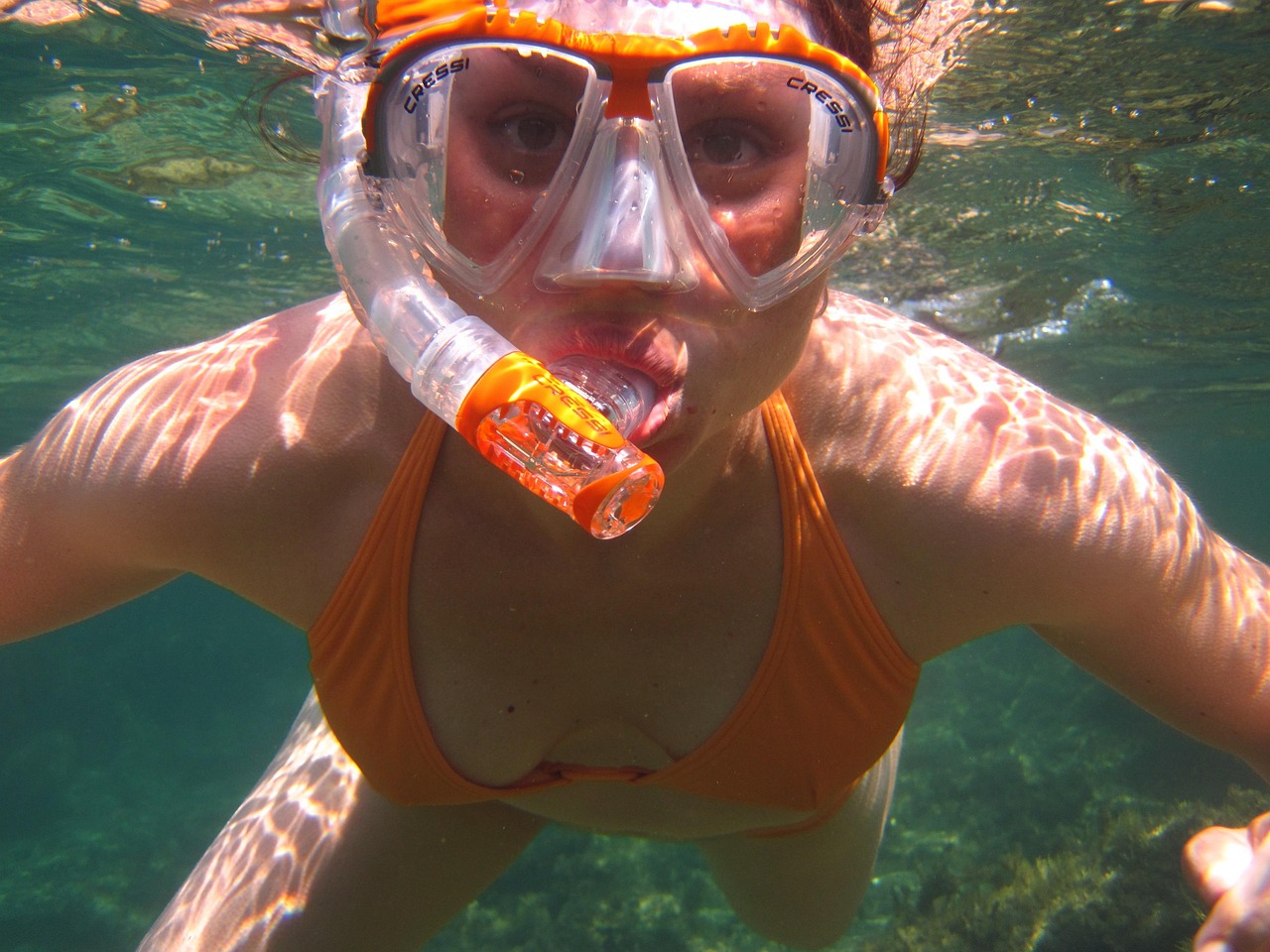Discover the Depths: The Rising Trend of Snorkeling Safaris
As the sun nudges the horizon, casting an ethereal glow over the azure canvas of the sea, a new breed of adventurers get ready to plunge into the underwater world. They are snorkeling safari enthusiasts, explorers who leap beyond the conventional boundaries to immerse themselves in a realm beneath the waves. From the vibrant coral reefs of the Maldives to the teeming marine ecosystems of Australia's Great Barrier Reef, snorkeling safaris are reshaping the way we interact with the oceans.

The Emergence of Snorkeling Safaris
The concept of snorkeling safaris isn’t new. Ancient civilizations like the Greeks used primitive diving technology to harvest sponges and perform underwater reconnaissance. However, it was only in the late 20th century that snorkeling evolved from a leisure activity to a full-fledged travel trend. With advancements in underwater equipment and a growing interest in marine conservation, more travelers began seeking immersive, eco-friendly experiences that allowed them to engage with marine life up close.
Current Trends and Insights
Today, snorkeling safaris are one of the fastest-growing trends in the travel industry. Guided excursions offer travelers the opportunity to explore marine biodiversity, observe rare aquatic species, and learn about conservation efforts. The trend is particularly popular among millennials and Gen Z travelers, who prioritize experiences and sustainability.
Moreover, the rise of underwater photography and social media has further fueled the popularity of snorkeling safaris, as stunning images of coral reefs and exotic marine creatures inspire more people to embark on their underwater adventures.
Advantages and Challenges
Snorkeling safaris offer numerous advantages. They provide a unique way to explore marine ecosystems, promote eco-tourism, and contribute to local economies. Furthermore, they raise awareness about marine conservation and the importance of protecting our oceans.
However, they also pose challenges. The influx of tourists can disturb delicate marine habitats, and inadequate safety measures can pose risks to inexperienced snorkelers. Therefore, it’s crucial for operators to implement responsible practices and prioritize safety.
Interesting Facts and Tips
- The Great Barrier Reef, the largest coral reef system in the world, is a popular snorkeling safari destination. It’s home to over 1,500 species of fish and 400 types of coral.
- Always wear eco-friendly sunscreen while snorkeling. Conventional sunscreens can harm coral reefs.
- Never touch or feed marine creatures. Respect their habitats and observe from a distance.
- Research your tour operator to ensure they follow sustainable practices.
Summing it Up
Snorkeling safaris are more than just a travel trend. They are a testament to the human spirit’s insatiable curiosity and our deep-seated desire to connect with nature. As we delve into the underwater world, we not only discover the wonders of marine life but also learn valuable lessons about conservation, respect, and coexistence. As with all adventures, it’s important to tread lightly, respect the environment, and ensure our explorations contribute positively to the ecosystems we explore.




